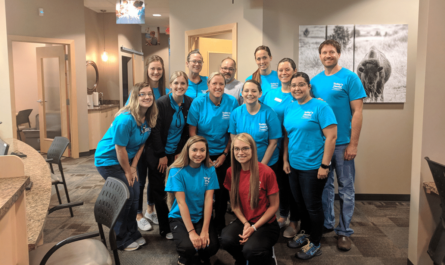By Zentist
Rapid growth is a good problem to have. However, it pays to remember increased patient volume equals an increased administrative workload – and ballooning accounts receivable when staff can’t keep pace.
When it comes to dental insurance claim denials, revenue cycle management (RCM) staff can find themselves mired in a time-consuming appeals process or worse, leaving money on the table altogether in the form of premature claim closures. Growing DSOs may be forced to hire more hands and then find the time to train them on claims processes which vary by payer and are becoming increasingly complex.
A 2016 Change Healthcare study found 63% of claims were recoverable but costing on average $118 per appeal to pursue. A denial rate of 4% or higher is simply unsustainable. At that point, remediation results in a loss. The fix will cost more than what can be recovered. It is an especially thorny problem when spread throughout a multi-location environment.
Moreover, according to that same Change Healthcare study, 86% of denials may be avoidable altogether. Revenue is not only needlessly delayed but practices are incurring additional expense when they do backtrack to recover it. Administrative time and effort is effectively doubled, eating into revenue thanks to easily preventable, often clerical errors.
Reducing unnecessary denials is a fast and surprisingly simple way to increase revenue and enjoy higher EBITDA.
The American Academy of Family Physicians has recommended automated processes for healthcare providers combating denial rates and ensuring a healthy cash flow.
Automation can catch denials before they happen by eliminating human error prior to claim submission. In the event of a denial, software can flag problem areas, research denial causes, and recommend actionable steps to remediate the claim prior to appeal or resubmission. Cost savings can be realized down the road as staff learn to avoid repeat mistakes.
Importantly, automation addresses challenges common to growing DSOs including:
- A lack of staff and time to handle a high volume of claim follow-ups
- Decentralized billing functions varying from location to location
- The time-consuming process of training new staff to process dental claims – and keeping them updated on individual payer requirements, CDT codes, etc.
- Backlogs of accounts receivable and unpaid claims
Investing in the right automated solution may yield substantial savings in manual back-office operations and EOB handling and posting. Posting errors could be cut in half – all without adding to the payroll or spending money to recover money.
Rather than new practice locations resulting in increased administrative costs, DSOs can enjoy savings and efficiencies multiplied through automation.
If you would like to learn more about how artificial intelligence can help reduce loss and improve your EBITDA, visit zentist.io/remitai.





